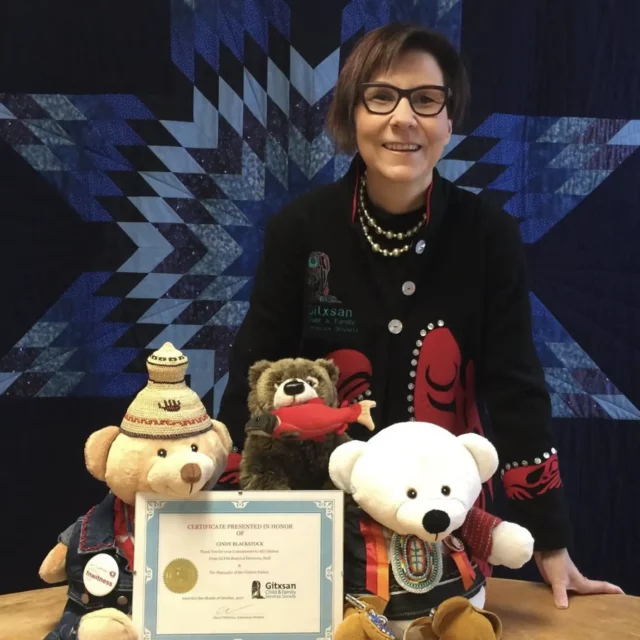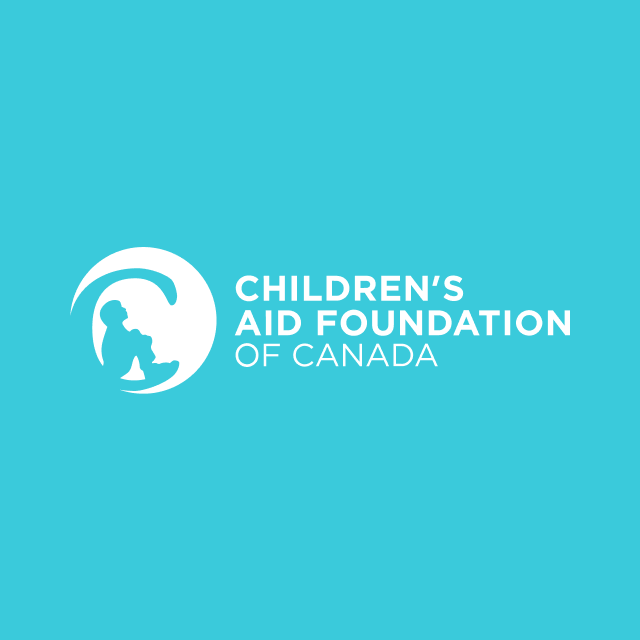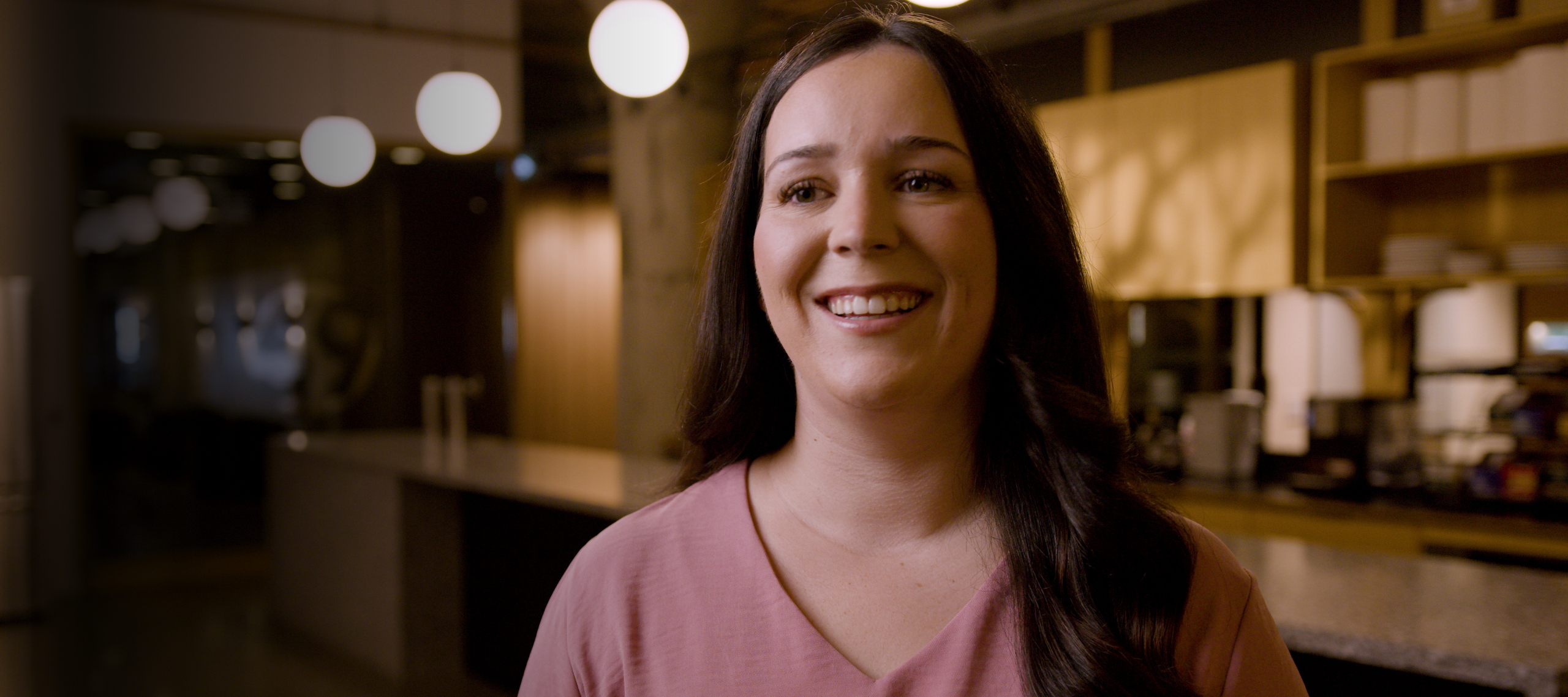Many youth in and from child welfare face multiple barriers as they work to achieve an education. If they’ve been in care and have moved from foster home to foster home, this can also mean moving from school to school, which can have a negative impact on their ability to succeed in school.
46% of kids in care in Ontario graduate from high school, compared with 83% of their peers.
And among those who do graduate from high school, enrolment in post-secondary education is 66% less than that of the general population. Since 1995, Children’s Aid Foundation of Canada has been helping to reduce the burden of post-secondary education from youth who’ve been involved in child welfare in Toronto through its Post-Secondary Education (PSE) Program. In 2008, it was expanded nationally. The Program includes a variety of supports, like scholarships and bursaries, graduation awards, and funds for tutoring and sup-plies. The PSE Program is an integral part of our overall strategy to increase educational attainment and improve employment outcomes for youth transitioning out of care, and our mission to improve the lives of children and youth in and from child welfare. Overall, $12.3 million has been awarded to students through more than 4,300donor-funded scholarships, bursaries, and other awards in the Program’s history.
In March 2018, the Foundation released a new report examining the effect of its PSE Program, done in partnership with the Child Welfare Institute.
Areas explored with the nearly 200 respondents were the journey students took through primary and secondary school, when and why they made the decision to attend post-secondary, their path transitioning out of care, and their experiences during post-secondary school. Findings from the study indicate that donor support is transforming young people’s lives. More specifically, that:
- Our programs work.
- Foundation support had a transformative effect on all aspects of young people’s health and well-being.
- Foundation support made all the difference in their ability to succeed at school.
- The support youth received had a multiplying effect into other areas of their health and well-being.
Informed by the findings, the Foundation developed recommendations to better support youth from care in achieving their post-secondary education goals and to help more youth reach this milestone
These include:
- Increasing secondary school graduation rates.
- Providing flexible support to ensure post-secondary success.
- Supporting progression from post-secondary into fulfilling careers.
- Supporting youth transitioning out of care.
- Partnering with child welfare and community agencies.




